Feral cats are domestic cats that have reverted to a wild state, living independently of human owners. Found in urban areas around the world, they navigate the complexities of city life while maintaining their elusive nature. Understanding these cats is key to addressing various concerns they present in cities.
The Urban Habitat
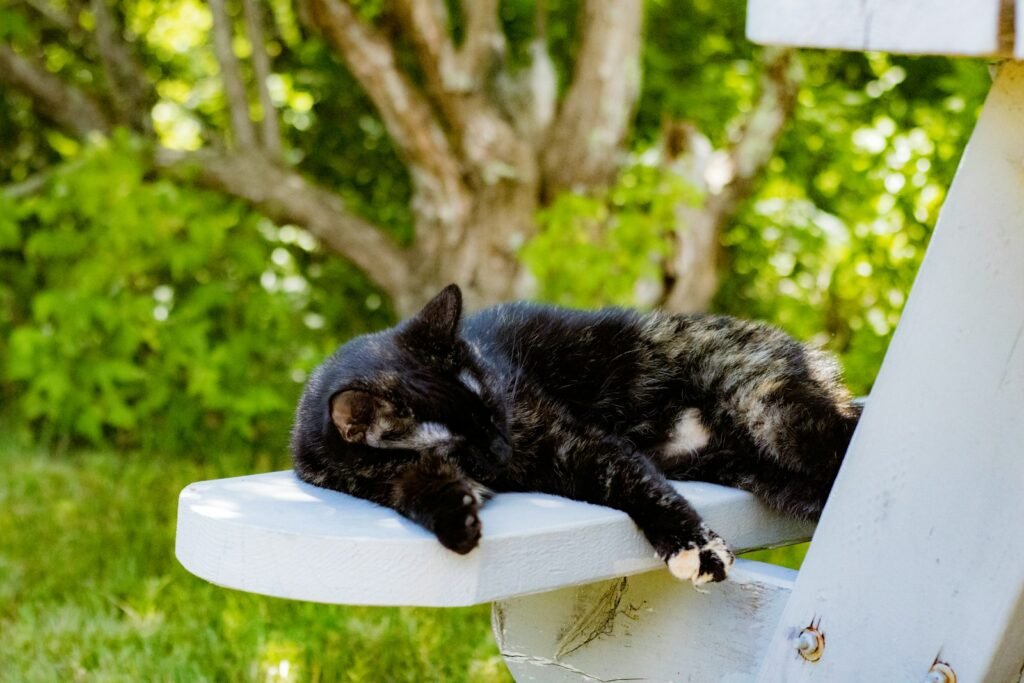
Urban areas provide a surprisingly suitable habitat for feral cats, offering plentiful food sources such as garbage, rodents, and handouts from well-meaning humans. The abundance of shelter, from abandoned buildings to alleyways, allows them to thrive amidst the urban jungle.
Origins and Adaptations
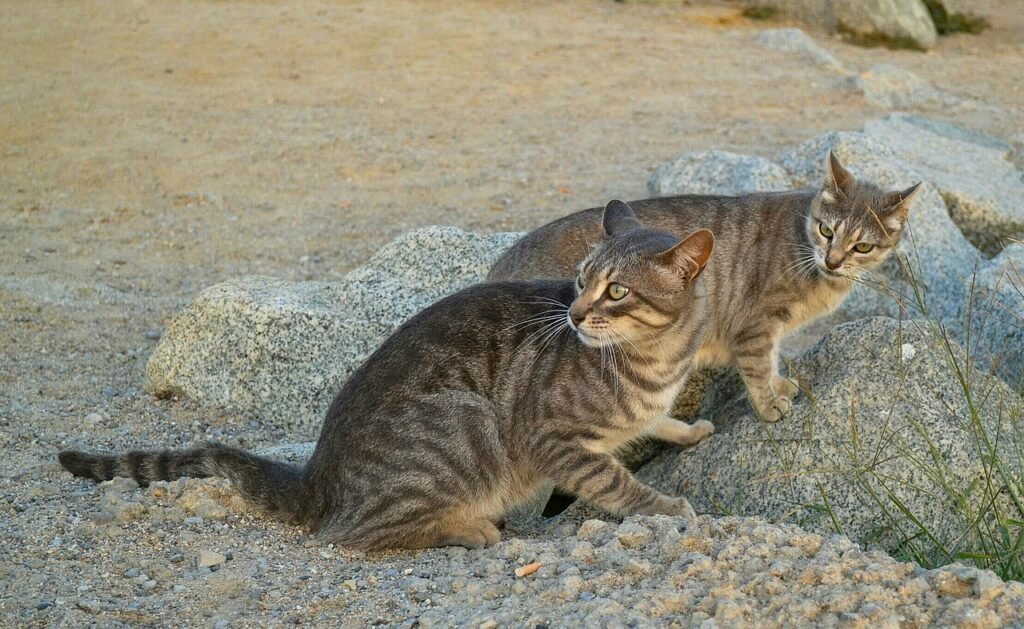
Feral cats often originate from lost or abandoned pets. Over generations, these cats develop certain adaptations that help them survive in the wild. Their instincts sharpen, making them adept hunters, and they become more wary of humans.
Social Structure and Behavior
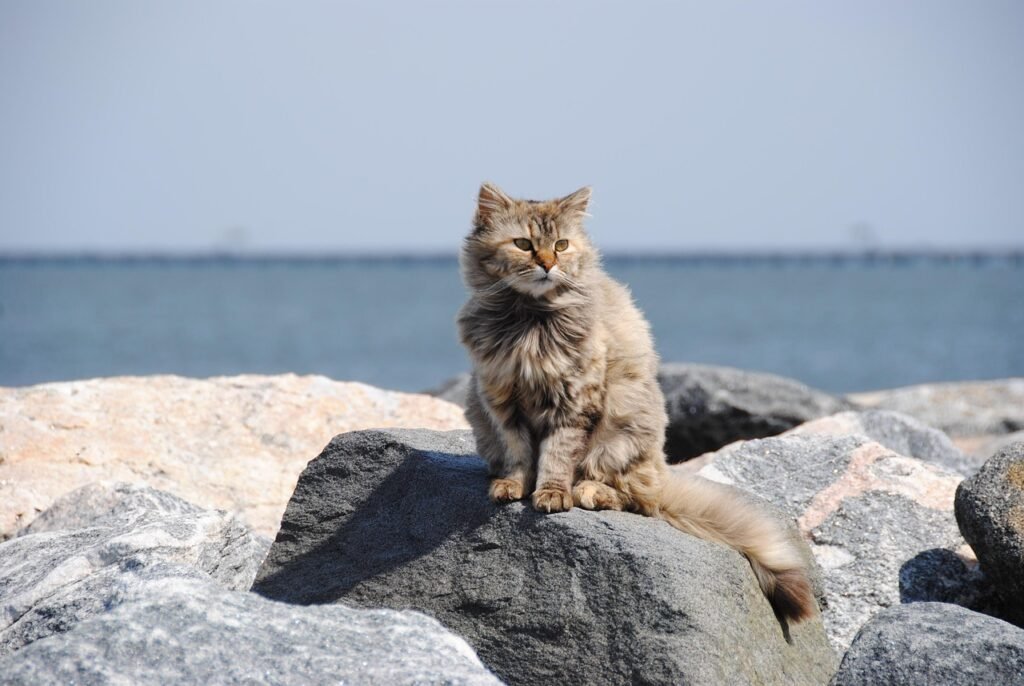
Feral cats form colonies around reliable food sources. These colonies, generally consisting of related females and their offspring, establish complex social structures that are essential for their survival. Male cats, on the other hand, tend to be more solitary unless there is a shortage of territory.
Ecological Impact
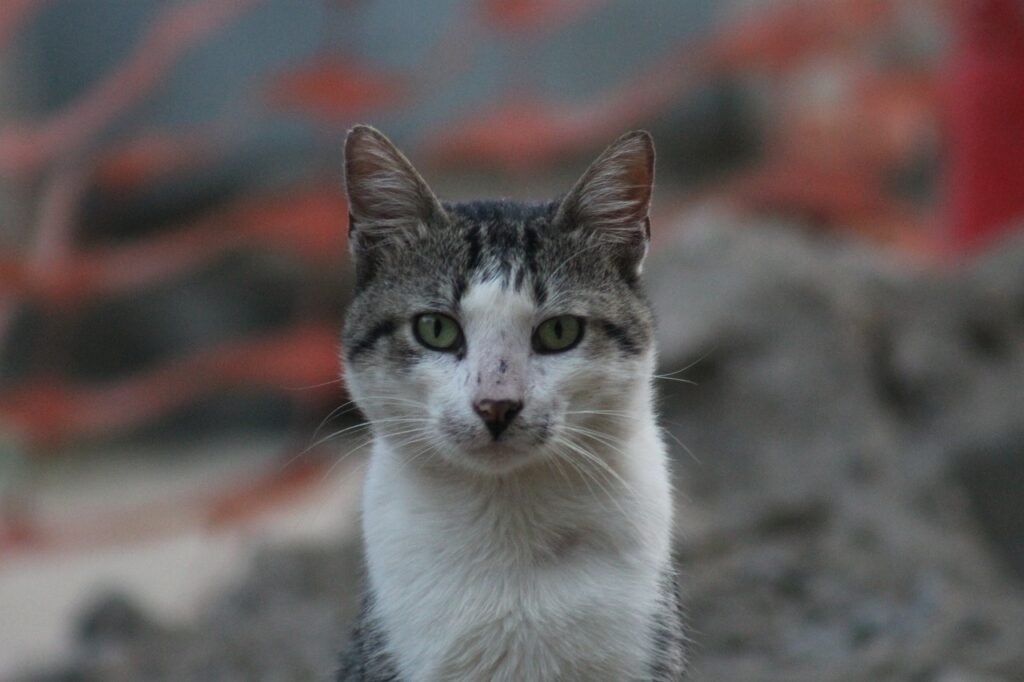
Feral cats play a dual role in urban ecosystems. While they help control pest populations, their hunting behavior can threaten native wildlife. Birds, small mammals, and reptiles can fall prey to these skilled hunters, impacting local biodiversity.
Health and Welfare Challenges
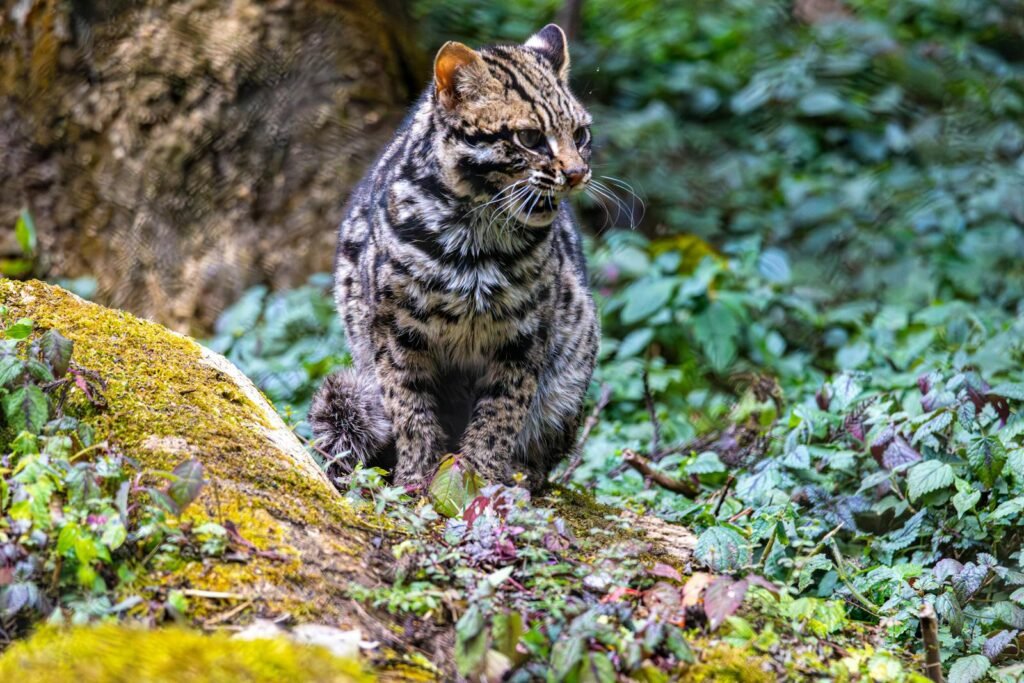
Living without human care exposes feral cats to various health issues. Common problems include malnutrition, parasites, and diseases such as feline leukemia and FIV (feline immunodeficiency virus). Additionally, the feline population explosion due to lack of neutering exacerbates these challenges.
Human Interaction and Perceptions
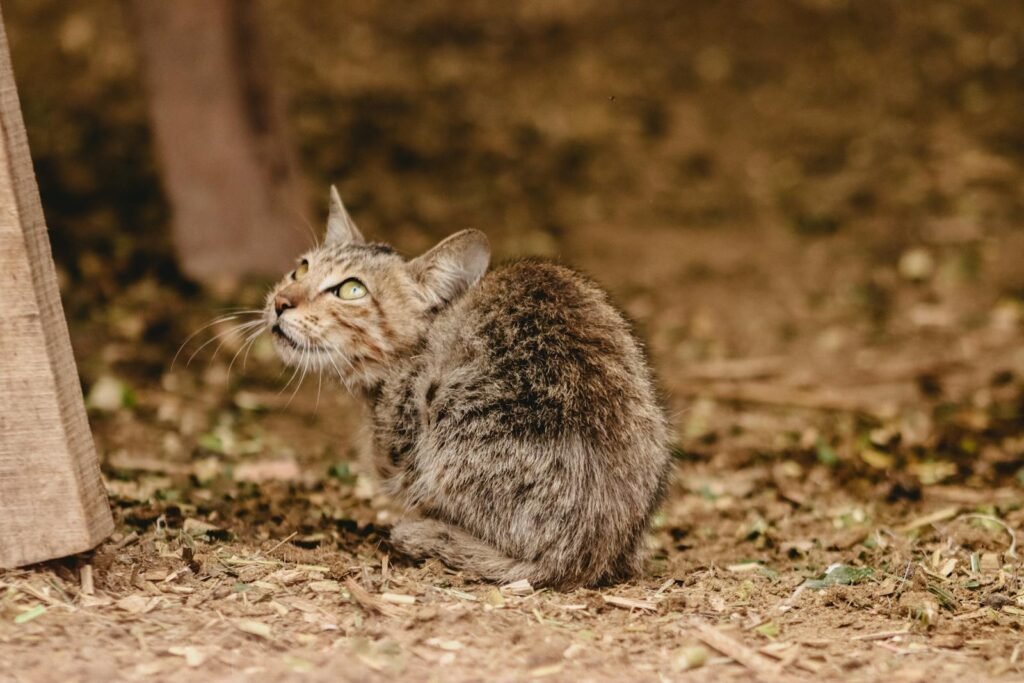
People have mixed views about feral cats; some see them as nuisances, while others are moved by their plight. This dichotomy influences urban policies and individual behaviors, from feeding colonies to calling animal control. Understanding these perceptions is crucial for managing feral cat populations.
Management and Control Efforts

Efforts to manage feral cat populations include trap-neuter-return (TNR) programs, aimed at reducing numbers humanely. TNR involves capturing feral cats, sterilizing them, and returning them to their colonies, which helps stabilize colonies and prevent further reproduction.
The Role of Advocacy Groups
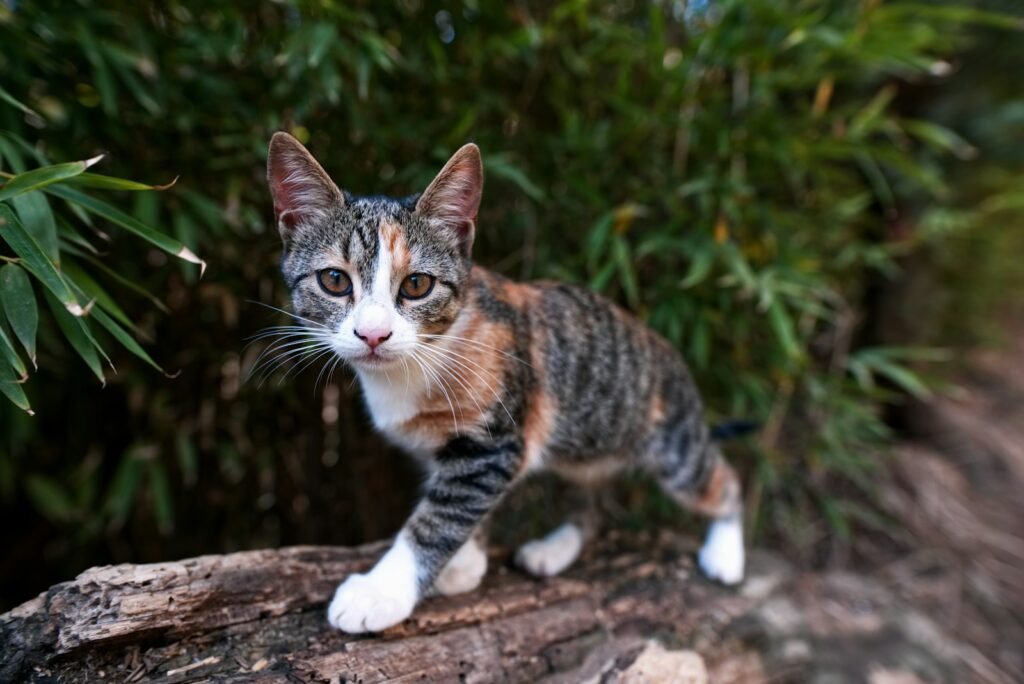
Various advocacy groups and nonprofits work tirelessly to address the feral cat issue. They conduct TNR programs, raise awareness, and often provide resources such as food and shelter for these cats. Their efforts are pivotal in promoting humane treatment and effective population control.
Future Directions
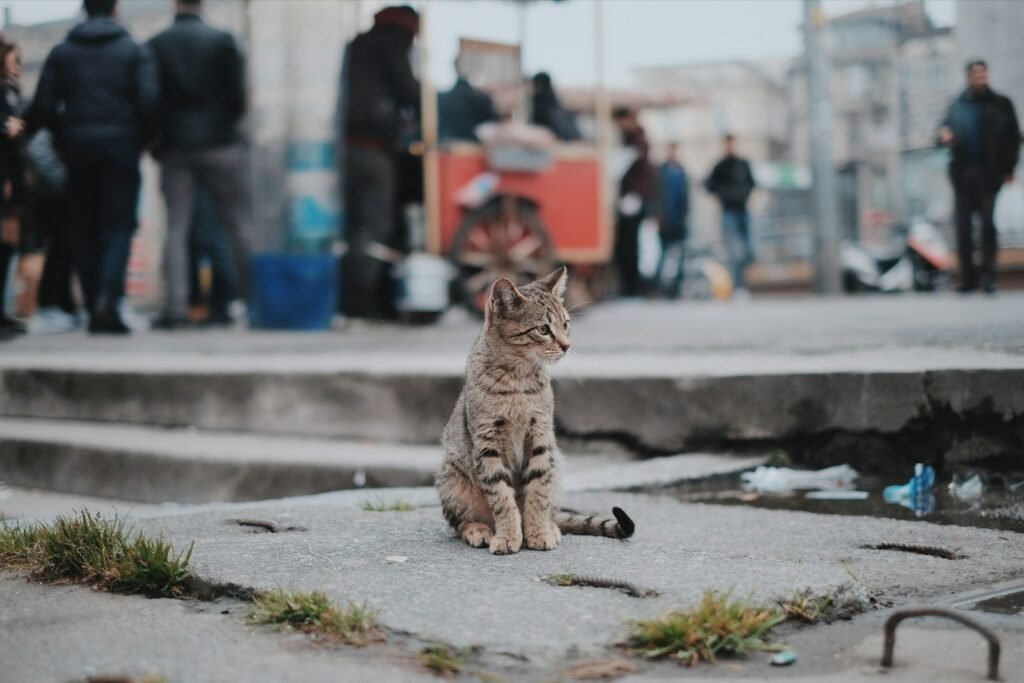
Innovative solutions are emerging to address the challenges posed by feral cats in urban areas. Technologies such as remote monitoring and community education programs are being explored to enhance the effectiveness of existing management strategies. These forward-thinking approaches are vital for sustainable coexistence.
Conclusion

Feral cats are an undeniable part of urban ecosystems, presenting both challenges and opportunities. By understanding their behavior, ecological impact, and the complexities of human interaction, we can develop balanced strategies to manage their populations humanely and effectively. The hidden world of feral cats continues to unfold, offering lessons in adaptation, survival, and coexistence.





